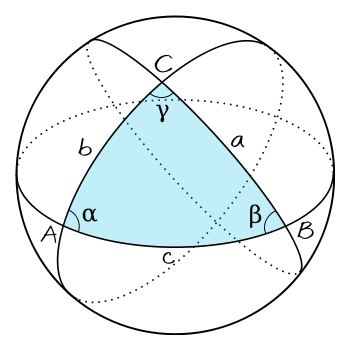A 57.50 g sample of metal changes its temperature from 10.5 °C to 57.7 °C when it absorbed energy from a 87.7 g sample of water whose initial temperature was 65.1 °C. What is the specific heat of the metal in J/g·°C?
1 Answer
Explanation:
We can use the equation
The sample must be in thermal equilibrium at the end point, meaning that the temperatures must be the same. So the final temperature in both cases is 57.7 °C. So:
For water:
Now we know the heat transfered to the metal, so we can plug that in to the same equation, but for the metal's information.
Note: This Q is positive because it absorbs the heat rather than releases it. It's the same number as above just positive.
Hope this helps!

